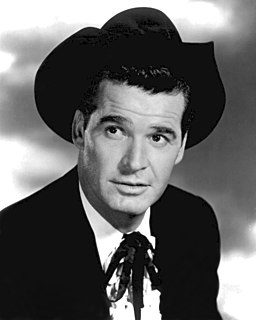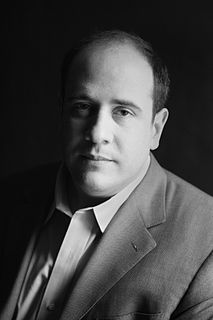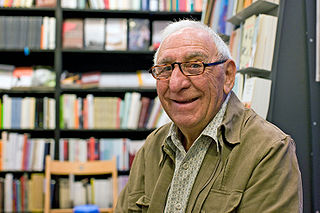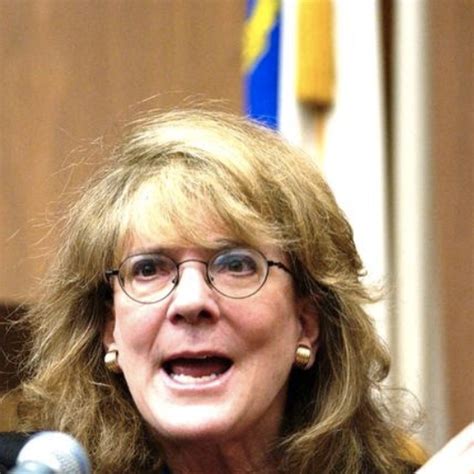A Quote by Salvador Dali
The difference between false memories and true ones is the same as for jewels: it is always the false ones that look the most real, the most brilliant.
Related Quotes
You put on a face for the public. The face isn't false; it's just another side of you. If it were false, you couldn't last. People want something real and natural, and if they catch you acting, you're dead. It has to look real. In order to look real, it has to be real, and I've always thought of the characters I've played as real people.
The politics of that year [2004] are old now, but the problem remains the same, the real culture clash of American life. It's between the essence of fundamentalism - paternalism, authority, and charity - and the messy imperatives of democracy, "the din of the vox populi" once derided by Abram Vereide. It's the difference between false unity, preached from above, and real solidarity, pledged between brothers and sisters - the kinds who are always bickering.
...most men have bound their eyes with one or another handkerchief, and attached themselves to some one of these communities of opinion. This conformity makes them not false in a few particulars, authors of a few lies, but false in all particulars. Their every truth is not quite true. Their two is not the real two, their four not the real four; so that every word they say chagrins us, and we know not where to begin to set them right.
Either Christianity is true or it's false. If you bet that it's true, and you believe in God and submit to Him, then if it IS true, you've gained God, heaven, and everything else. If it's false, you've lost nothing, but you've had a good life marked by peace and the illusion that ultimately, everything makes sense. If you bet that Christianity is not true, and it's false, you've lost nothing. But if you bet that it's false, and it turns out to be true, you've lost everything and you get to spend eternity in hell.
Intuitionists think that there are cases in which, say, some identity statement between real numbers is neither true nor false, even though we know that it cannot possibly be false. That is: We know that it cannot not be that a = b, say, but we cannot conclude that a = b. We can't, in general, move from not-not-p to p in intuitionistic logic. , I suggest that the believer in vague objects should say something similar. It can never be true that it is vague whether A is B. But that does not imply that there is always a fact of the matter whether A is B.
To limit yourself to a label of "alcoholic" is masochistic and false if you have awakened a deeper spiritual identity within and have come to know your true self as unconditioned pure awareness. This doesn't mean that recovering alcoholics don't have to be concerned with relapsing, they must always remain vigilant. The power of addiction should not be underestimated. This exercise in vigilance can become a spiritual tool of liberation as well. Always being aware of choosing between real happiness and false happiness is also the discrimination required to attain enlightenment.








































